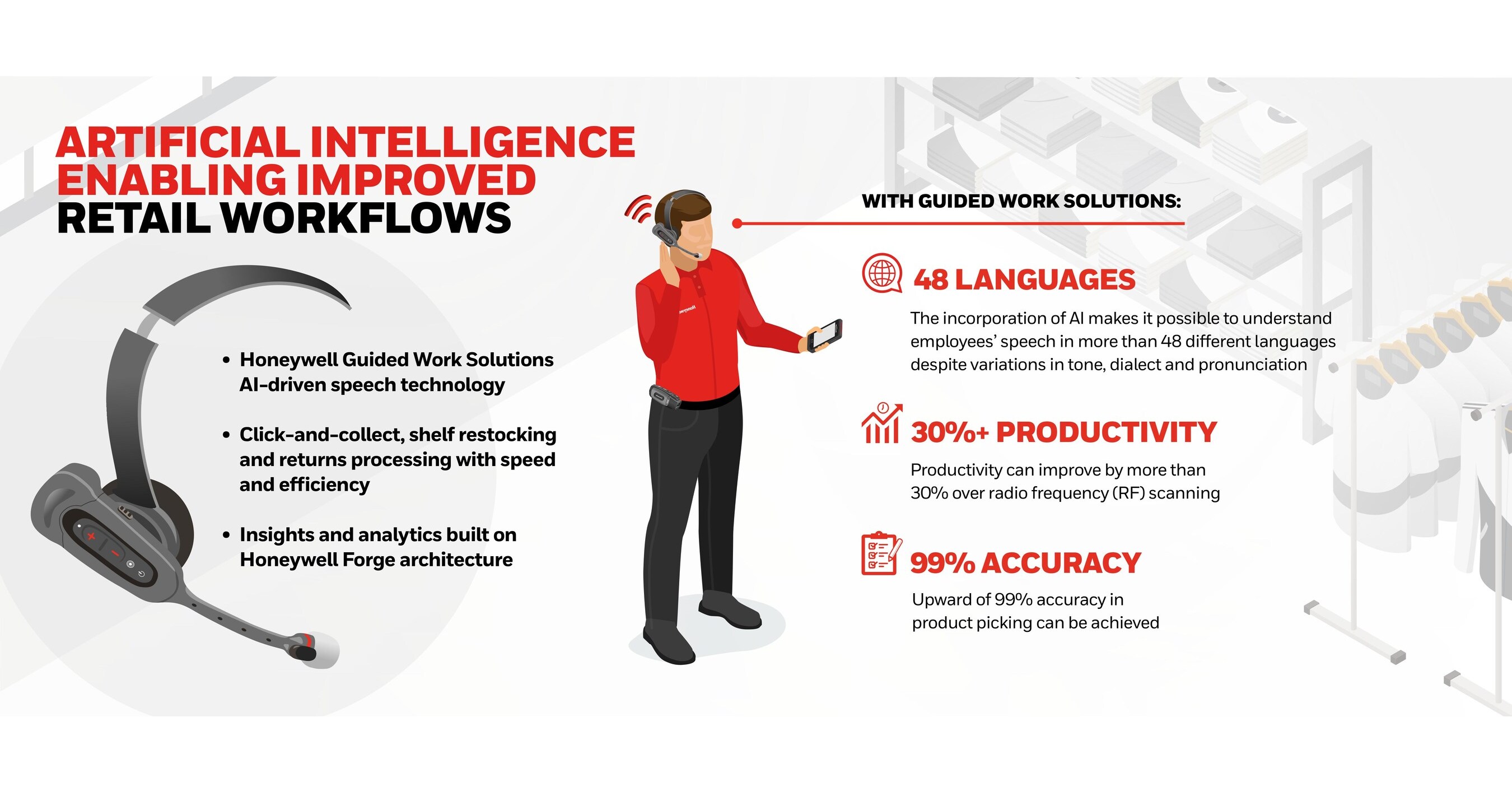Scarlett Johansson attends the 76th yearly Cannes Film Competition – Press convention for the movie Asteroid Town in Cannes, France, on May possibly 24, 2023.Yara Nardi/Reuters
Gus Carlson is a U.S.-centered columnist for The World and Mail.
A sure signal that a situation is past hope – or just about so – is when governing administration involvement appears like a great notion.
Which is doubly correct for anything getting to do with technologies, and possibly 10-periods more true when it comes to artificial intelligence.
Nonetheless that is where by a increasing forged of Hollywood entertainers whose voices and likenesses have been replicated without the need of authorization by AI finds by itself. Amongst them is the actor Scarlett Johansson, who has sued OpenAI for producing a voice assistant that seems like her in the 2013 movie, Her, as nicely as the singers Drake, The Weeknd and Lainey Wilson.
Several stars are pinning their hopes on a bipartisan proposal the U.S. Congress will take into consideration in June that would stop folks or organizations from employing AI to produce unauthorized electronic replicas of their likenesses and voices. It is known as the Nurture Originals, Foster Art, and Preserve Enjoyment Risk-free – or No Fakes – Act, a clunky deal with clearly coined by bureaucrats, not creatives. AI most likely could have finished superior.
For the non-techie this is not a case of an impersonator mimicking voices or a tribute band covering an artist’s hits. These are pc-generated slices of true folks remanufactured and remixed into cloned performances. Apart from currently being massively creepy, the observe generally constitutes id theft, trademark infringement and dirty organization.
Regrettably, there is likely minimal lawmakers or the courts can do about it in any substantial way. Here’s why:






